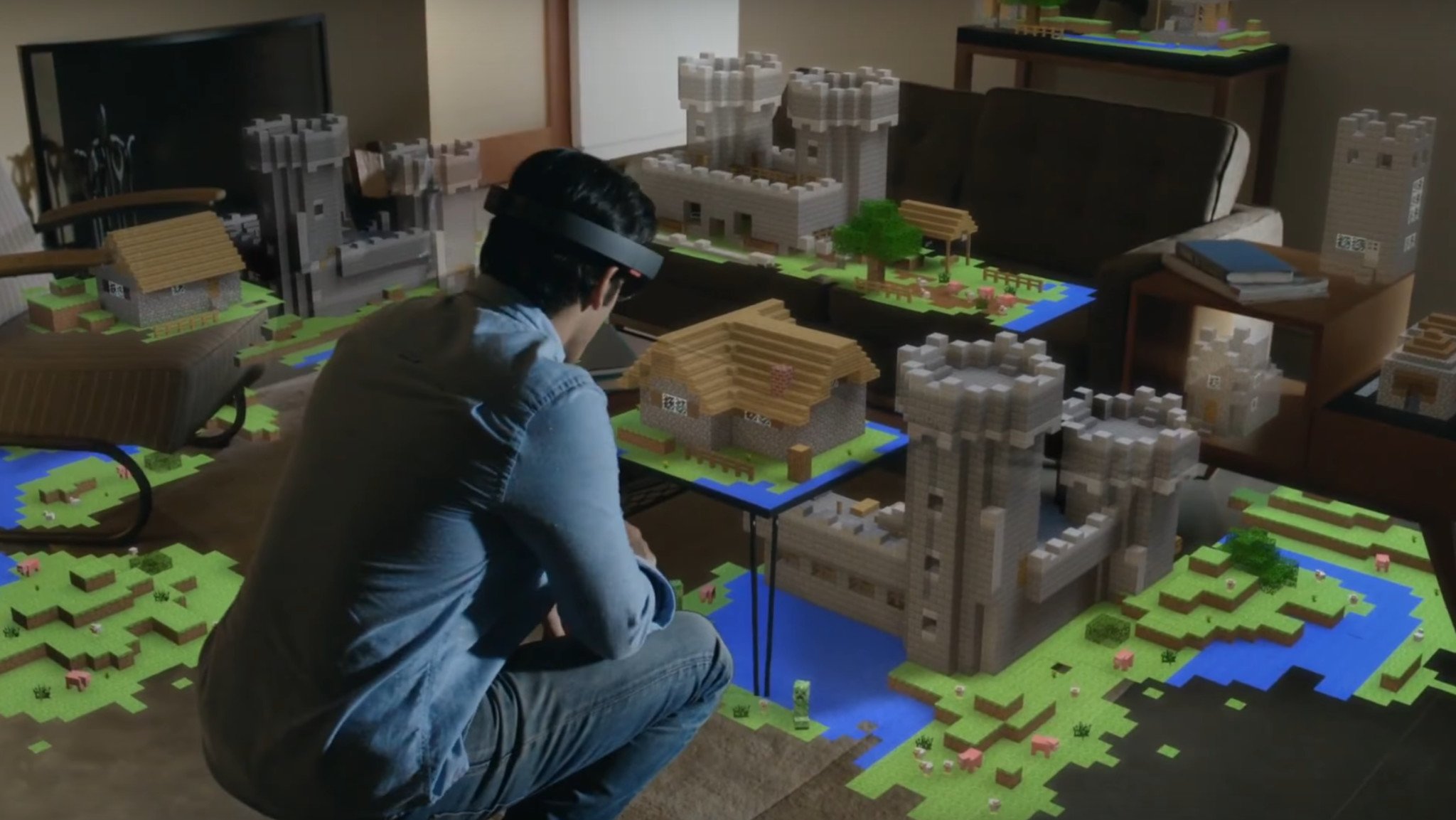Microsoft President discusses metaverse economy and Meta pricing model
Brad Smith isn't expecting Microsoft to manage metaverse money like Meta.

All the latest news, reviews, and guides for Windows and Xbox diehards.
You are now subscribed
Your newsletter sign-up was successful
What you need to know
- Microsoft, Meta, and other companies have differing visions for the burgeoning "metaverse" concept.
- Meta is planning to take up to a nearly 50% cut from creators who sell content within its metaverse.
- Microsoft President Brad Smith said he'd be "very surprised" if his company went a similar route.
It's the word on everyone's mind right now (at least, everyone in Big Tech): Metaverse. Where there's a new tech frontier, there are new ways to monetize content, and companies are starting to reveal how they plan to make money off the new dimension of technology. Microsoft President Brad Smith recently provided some insight into his company's thinking on the matter.
Speaking on CNBC's TechCheck, Smith was asked by show host Jon Fortt whether Microsoft is going to emulate Meta, which plans to impose up to a 47.5% fee (30% for sales on Quest and a 25% sales fee tacked onto the remaining amount for Meta's new Horizon Worlds metaverse platform) on creators selling goods within its metaverse ecosystem. Such a cut from Meta would leave creators with 52.5%, should Meta take the maximum amount it's currently outlined.
"I will be very surprised if you see something like that at Microsoft," Smith said. After that opening remark, he mentioned how Microsoft's view of the metaverse concept isn't monolithic, referencing the different "metaverse" sectors Microsoft already operates within, including its IVAS AR headset deal with the U.S. Army (a deal that has seen some reported road bumps). "One way you make room for developers is: You offer them a good deal," he continued, emphasizing that Microsoft is keen on attracting developers with enticing offers.
Smith's sentiment echoes Microsoft's previous amendments to its existing storefront. The company recently reduced the cut it takes from many developers as well as outlined a list of dedicated open app store principles.
All the latest news, reviews, and guides for Windows and Xbox diehards.

Robert Carnevale was formerly a News Editor for Windows Central. He's a big fan of Kinect (it lives on in his heart), Sonic the Hedgehog, and the legendary intersection of those two titans, Sonic Free Riders. He is the author of Cold War 2395.
